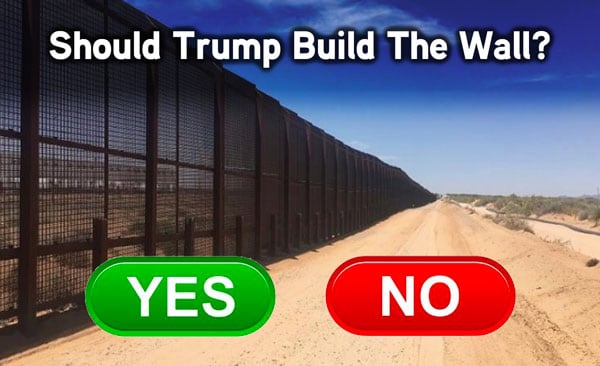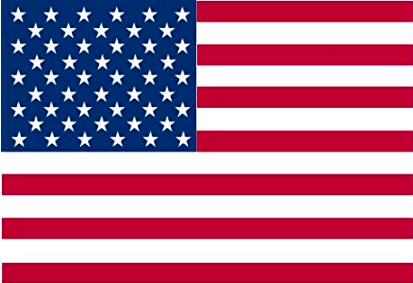Another Win for Taxpayers: Supreme Court Agrees With Trump to Ban Migrants from Using Social Services
In a new ruling, the Supreme Court had lifted the lower court injunction which will allow the Trump administration to deny any migrants who had green card visas to use taxpayer-funded social services.
The justices who had disagreed to lift the injunctions are Justice Ruth Bader Ginsburg, Stephen Breyer, Sonia Sotomayor, and Elena Kagan in a 5-4 vote. Currently, the following justices did not provide any reasons or explanations for their dissent.
The White House celebrated the victory for the American people. In an official press statement, Stephanie Grisham said: “Today’s stay from the Supreme Court is a massive win for American taxpayers, American workers, and the American Constitution.” Grisham added, “This decision allows the government to implement regulations effecting longstanding federal law that newcomers to this country must be financially self-sufficient and not a public charge on our country and citizens.” The nationwide injunction was issued by U.S. District Judge George Daniels as a result of two separate plaintiffs who had challenged the 2019 ruling, the City of New York, and a coalition of three States. Daniels explained that the new definition of “public charge” was an unreasonable interpretation of the INA. The 2nd U.S. Circuit Court of Appeals also agreed to Judge Daniel’s explanation, which pushed the Supreme Court to a hasty and emergency application.
But what does the word “public charge?” truly mean? Based on the Immigration and Nationality Act (INA), the rule said that foreign nationals should not receive green cards if they are likely to be considered as “public charge”. Initially, the Department of Homeland and Security refers to people who are dependent on cash-assistance and government.
Then, in August 2019 the Trump administration enacted a new law, which extended the definition by including non-cash assistance including housing benefits, Medicaid, drug subsidiaries, and food stamps. This would allow the government to cancel out the green cards, visas, and other legal immigration statuses. As part of Trump’s “Make America Great Again” legacy, the goal is to protect every American taxpayer and ensure that foreign nationals who would like to avail U.S. citizenship are responsible and sufficient enough to provide for themselves on a 12 to 36 month period. It would also provide a sense of security as these foreigners will not add additional strain to public resources.
While some critics might argue that the new extended definition of public charge is “discriminatory” and might target lower-income communities, foreigners who decided to seek a better life- should not be at the expense of the American public. Especially since there are more American families who are also deserving and in need of government support.
It holds on to the belief that “Throughout history, self-reliance has been a core principle in America,” Ken Cuccinelli, the former acting director of USCIS said in a 2019 press conference. “The virtues of perseverance, hard work, and self-sufficiency laid the foundation of our nation and have defined generations of immigrants seeking opportunity in the United States.”



 RSS
RSS
